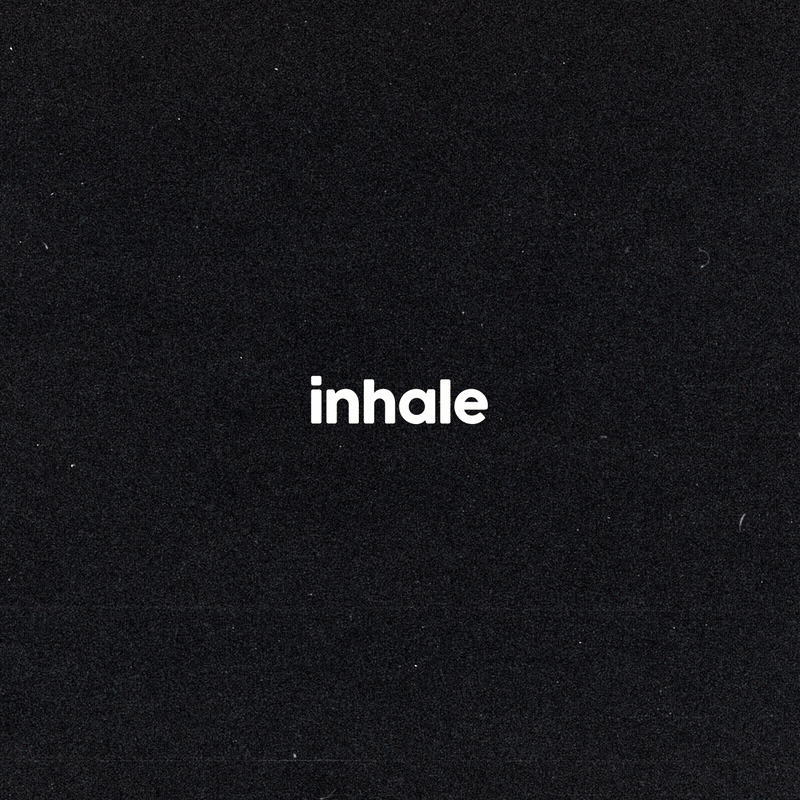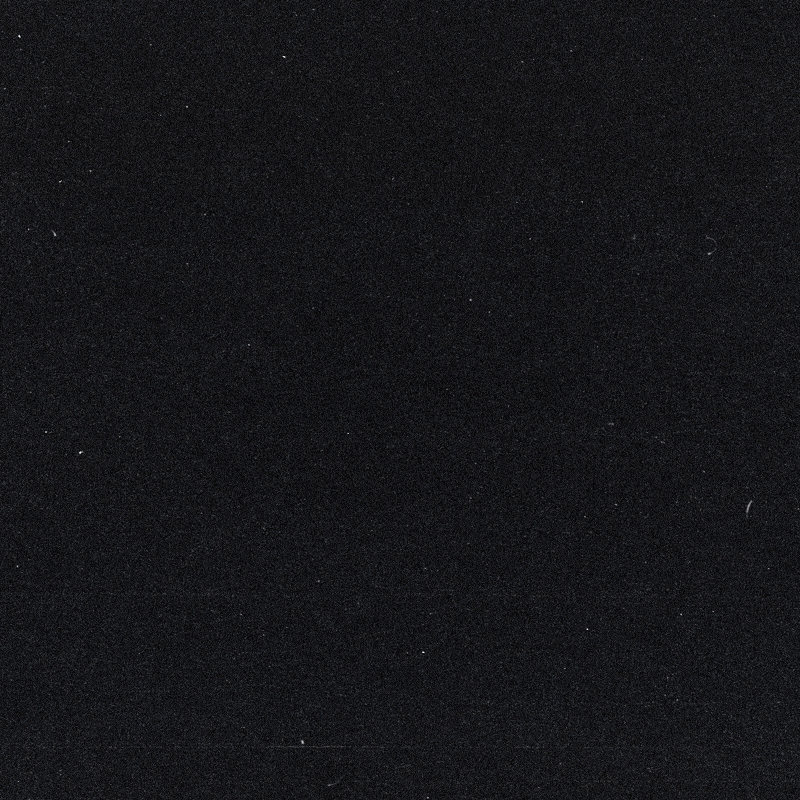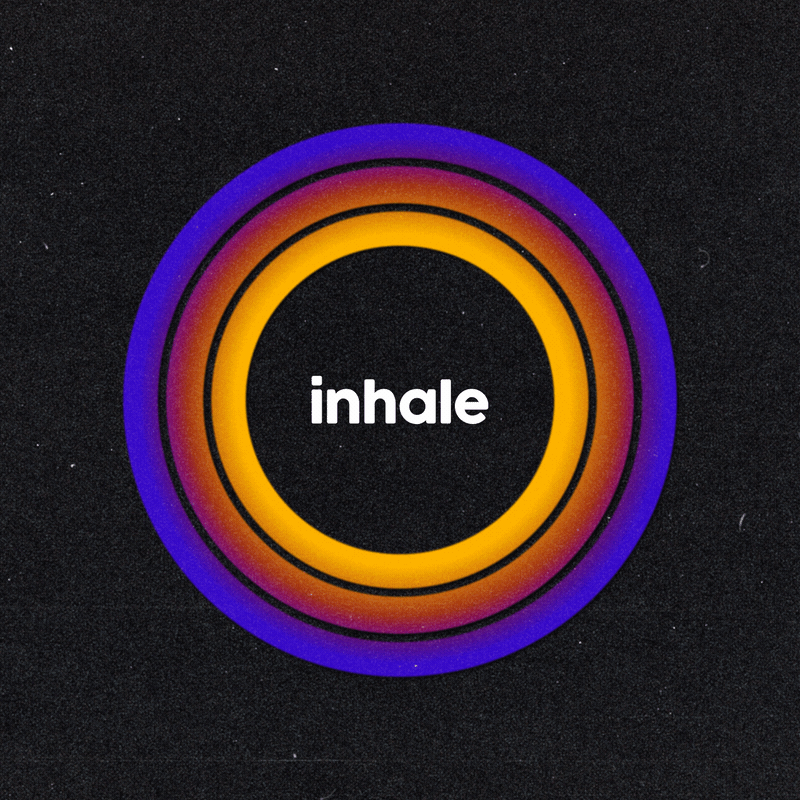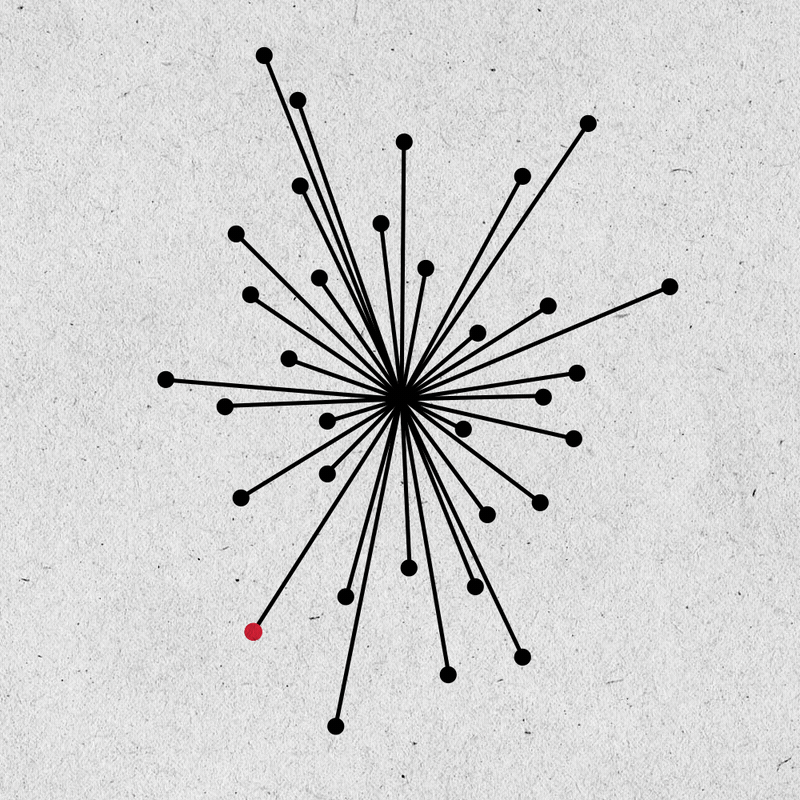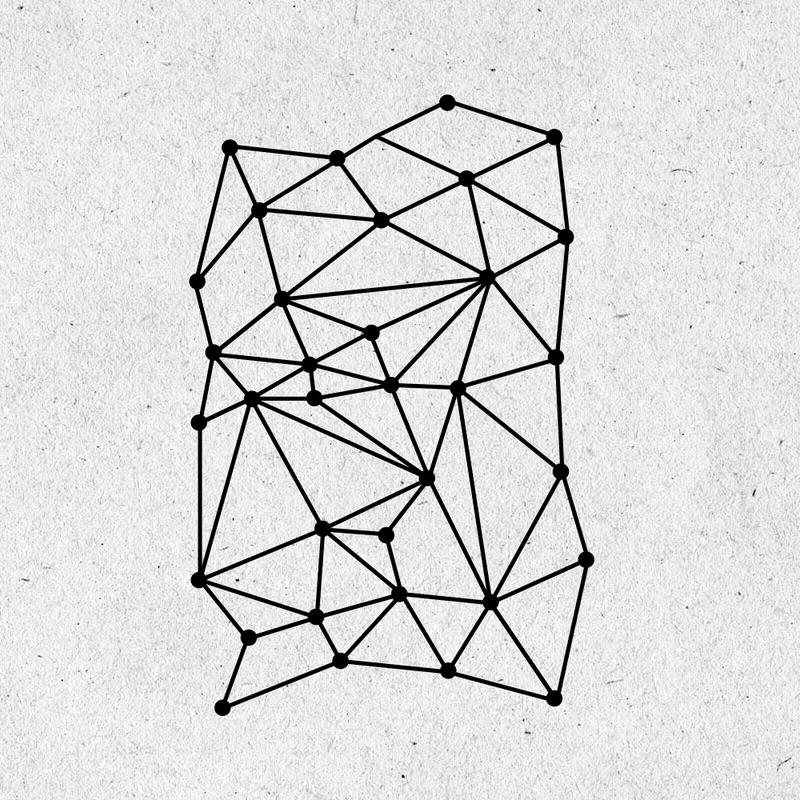Some quickly find their calling—they find a career that engages, satisfies, and pays them. But for many of us, it’s not that simple. We end up drifting about, meandering down one path and then another, always wondering what it is we’re really meant to do.
After many years of having only a vague sense of career direction (and often grateful just to make ends meet), I pondered a series of questions and finally reached clarity about what I want to do.
But before sharing the questions I used, I want to point out that it’s perfectly fine—and often part of the process—to not be clear on what you want to do in life. Life is not a straight line from A to B, and sometimes you need to go through several transformations to gain the necessary context to find your calling.
During times when you’re unclear, the following advice may be helpful:
- Follow your curiosity, as Elizabeth Gilbert says. I’ve had several life junctions where I felt an overwhelming desire to study something, spend time with someone, change cities, or travel. Those whims often didn’t feel logical at the time, but pursuing them led to opportunities and insights that brought me further down my path.
- Put in the hard work to gain valuable skills. Cal Newport argues that ‘follow your passion’ is bad advice, and advises instead to “put in the hard work to master something rare and valuable, then deploy this leverage to steer your working life in directions that resonate.” His book So Good They Can’t Ignore You and the tl;dr blog post version are highly recommended.
Without further ado, here are the questions for finding your life’s calling:
1. If I died today, what would I be sad that I didn’t do?
Imagine you were to die tonight in your sleep. What are you most sad you didn’t get to do?
Another way to approach this: “If I were to die happy and satisfied, how would I have lived?”
2. What did I like doing when I was young?
Reflect on your childhood and see if any memories call to you.
I have a vivid memory of coating an elementary school worksheet in stripes of glitter crayon. I was worried that this act would be admonished, but I couldn’t resist making the drab worksheet more attractive. It turns out that this root desire to make ideas and information more alluring is my calling!
3. If I had all the money I needed, what would I do?
Often our sense of career is deeply intertwined with the obligation to make money. While of course our career must sustain us, this question can help us see past any money issues that may be skewing our perception.
4. What brings me satisfaction?
This question helps calibrate the previous one. If in the last question you pictured yourself laying in a pool sipping champagne, you’re unlikely to envision the same in this one.
Related questions: “What do I feel proud of?” or “What would I feel proud of?”
5. What do I do where I lose track of time?
Losing track of time lost in an activity happens when you are in a “flow state.” This state is often deeply satisfying and brings about our best work, so your answer to this question may indicate an activity to double-down on in your professional career.
6. Where do I gain energy, and where do I lose it?
Do you gain energy from working with people or working alone, or in a particular combination? What sort of challenges inspire and motivate you, and which drain your batteries? This question is posed to help you find a sustainable work situation.
7. Whose life am I jealous of?
I found this question after becoming green with envy upon hearing Tim Ferriss’s writing schedule. His schedule was something like waking up, taking a swim, doing writing, eating the same daily lunch, reviewing writing, and then meeting up for friends in the evening. I wanted that life so much—me against a blank canvas, every day—that I realized I should orient my career around that sort of “maker” schedule.
Related question: “What does a perfect Saturday look like?”
8. What am I good at?
Alternative questions: “What do friends ask me to do for them that I find easy?” and “What am I bad at?”
9. What are my “factions,” and what do they want?
This question is a way of finding a calling that encompasses all the different aspects of you.
I have three factions—aka inner drives—that are often in conflict with each other:
The caring faction that wants to save the world.
The artistic faction that wants to excel at creative expression.
The fearful faction that wants to be secure.
If I spend too much energy tending to any one or two factions, the omitted factions will start rebelling and demanding all of my energy.
Many times I’ve tried to go a path that only satisfies one of the three (e.g., a high-paying job for the fearful faction, or renouncing financial security to live a life of service), but inevitably I become unhappy because I haven’t fulfilled all of my drives.
10. What would I do if I could start over?
You might resist your calling because there’s a sizable gap between where you are now and where you would need to be to pursue that calling. Perhaps that’s a gap in skillset, knowledge, degree, network, funding, or identity. This question is a way to get around any resistance of the “but I don’t have X so…” or “but it’s too late to…” variety.
You may find as I did that the answers to these questions may not come all at once, but after many months of reflection.
What questions and processes have you found helpful? Please comment below!


